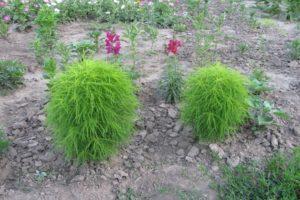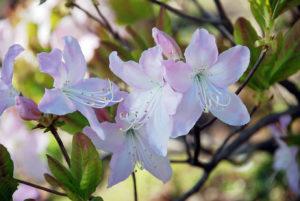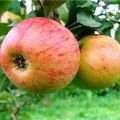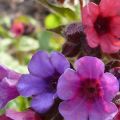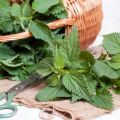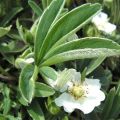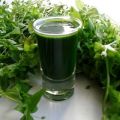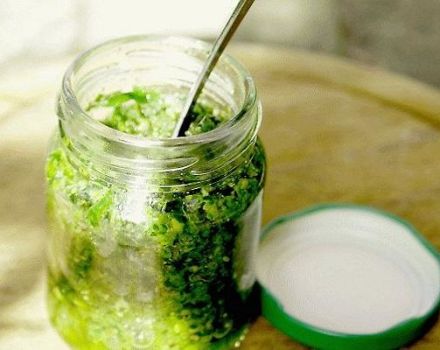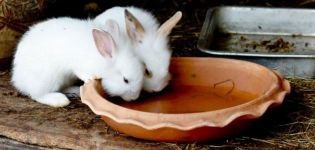Medicinal properties and contraindications of lungwort herb, application rules
Medunitsa is a plant from the borage family, which is characterized by early flowering and a large amount of nectar, for which bees appreciate it. Researchers have found not only the medicinal properties of lungwort, but also contraindications that must be considered before taking plant-based products.
The chemical composition of the herb
The use of lungwort for medicinal purposes is due to its constituent components, of which there are a lot. Among the main medicinal substances of the plant, the following can be distinguished:
- Flavonoids. They have a prophylactic effect on sclerotic vascular lesions, help accelerate the elimination of free radicals from the body, normalize blood pressure, normalize heart activity, cause general calming, regulating the work of the central nervous system, and stimulate the activity of the adrenal cortex.
- Anthocyanins. They increase the strength of the vascular walls, improve the functioning of the central nervous system, slow down the processes of natural aging of the body, ensure the regulation of metabolic processes, remove inflammatory processes or reduce their effectiveness. In addition, under the action of substances, the heart muscle is strengthened, the risk of developing oncological pathologies and diabetes is reduced.
- Saponins. Strengthen the secretion of bronchial glands, promote the liquefaction of phlegm in the lungs and bronchi, enhance the process of hormone production in the body. Substances provide regulation of water and salt metabolism.
- Allantoin. Promotes regeneration and softening of the skin, narrowing of enlarged pores, slowing down the aging of the dermis. Also, the substance normalizes metabolic processes in the body, retains moisture in the epidermis, accelerates the process of cell renewal, and nourishes them.
- Silicic acid. Regenerates connective tissues, accelerates wound healing, helps to reduce the intensity of inflammatory processes in the digestive tract, oral cavity. It removes toxic substances and metabolic products from the body.
- Slime. It causes the elimination of inflammatory processes, a decrease in their intensity, accelerates the excretion of sputum from the lungs and bronchi.
- Carotene. Reduces the risk of the formation of tumor-like neoplasms, increases the protective function of the body, slows down the aging process, and ensures the normalization of oxidative and reduction processes.
- Vitamin C. Strengthens capillaries, accelerates the growth and development of bone tissue. Increases immune protection, accelerates the production of adrenal hormones. Under the influence of ascorbic acid, the work of the central nervous system, endocrine system, and hematopoiesis is normalized.
- Tannins.Provide protection of the body from the active effects of harmful microorganisms, toxic and chemical substances. In addition, the tannin components cause vasoconstriction.
- Polyphenols. They contribute to the normalization of the blood circulation process, the work of the heart and blood vessels, accelerate the elimination of toxins and metabolic products from the body. They increase the strength of the skin, strengthen the vascular walls.
- Iodine. It normalizes mental, physical and mental development, regulates the cardiovascular system, and helps to enhance metabolic processes.
- Rutin. Increases the strength of blood vessels, reduces the risk of stroke, heart attack, lowers blood pressure and slows down the heart rate. Normalizes the activity of the adrenal cortex.
The plant also contains manganese, copper, calcium, potassium, iron.
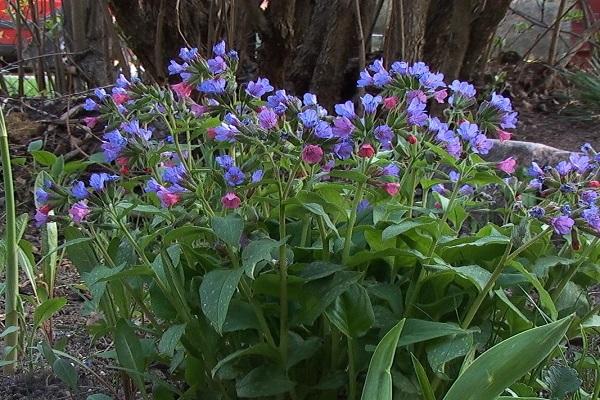
Medicinal properties of lungwort
Due to the rich chemical composition, the herb has found its use in traditional medicine. The plant extracts are used to prepare medicines used in various industries and in the treatment of many diseases. For example, plant-based products are actively used for coughing, to improve the excretion of sputum from the lungs and bronchi. Due to this property, drugs with lungwort are prescribed for bronchitis and pneumonia.
In addition, plant-based products are used to treat complications caused by diseases of the urinary tract. The use of drugs is also effective for pathologies such as cystitis, nephritis, urethritis.
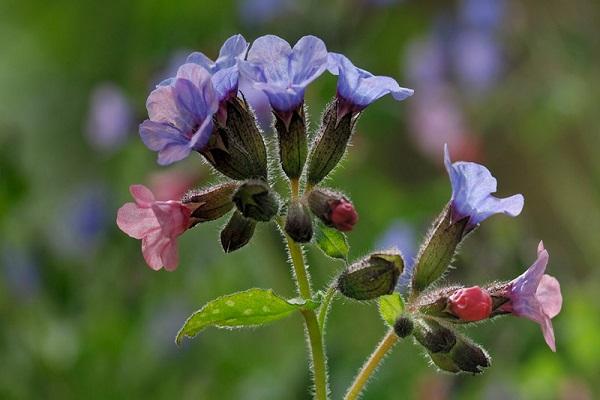
Not so long ago, remedies based on lungwort extract began to be used in the treatment of endocrine diseases, since the herb contains iodine, which is useful for the thyroid gland.
The use of the plant in gynecology helps to eliminate some female pathologies. For example, an extract for oral administration is effective for cystic neoplasms in the uterus or ovaries, as well as for uterine myoma.
Due to the resorption and hemostatic effect, the plant is used in the treatment of hemorrhoids, preparing infusions, decoctions, compresses for external use on its basis. The infusion is also used to rinse the mouth for toothache.
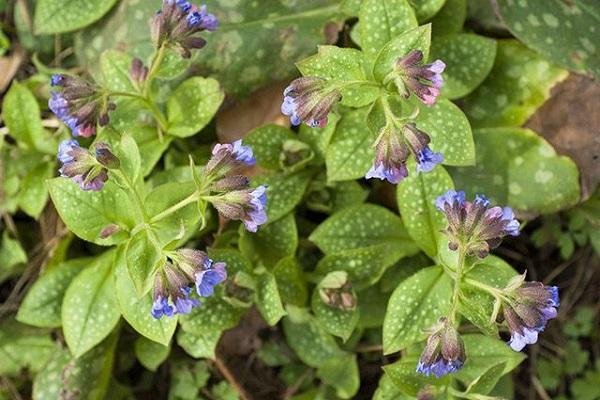
Collection and storage
The plant is collected for further harvesting throughout the entire flowering period. For the treatment of diseases and use in the field of cooking, any part of the lungwort (flowers, roots, stem, leaves) is used. For harvesting for the winter, it is better to collect the plant in late summer. It is completely uprooted (together with the root) from the ground, dried in a room where fresh air enters, but open sunlight does not penetrate.
After removing the plant from the place of germination, the stem, together with its components, is well washed, removing the remnants of the earth. After the herb has dried, it is crushed and placed in paper bags. Raw materials are stored in a well-ventilated area where the air humidity is normal.
The duration of use and storage of raw materials is 2 years.
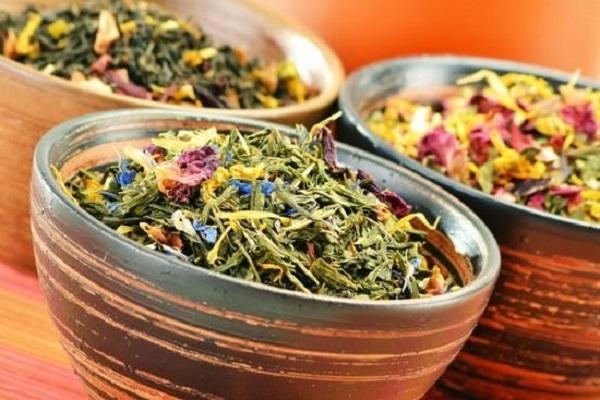
Folk recipes using the plant
The extract of lungwort, useful for human health, is used to treat many diseases. However, in order for it to be beneficial, you need to know how to properly prepare the product:
- infusion for internal use for any diseases: take 200 milliliters of hot water for 1 tablespoon of raw materials, leave to infuse for 30 minutes, take 10 milliliters three times a day, before meals;
- decoction for menopausal bleeding: take 0.5 liters of water for 2 tablespoons of raw materials, heat in a water bath for 15 minutes, cool, strain, take half a glass three times a day, before meals;
- infusion for urolithiasis: take 0.5 liters of water for 4 teaspoons, add 3 tablespoons of honey; after infusion of the product for 30 minutes, take half a glass three times a day;
- tea that is drunk throughout the day: take 200 ml of water for 2 teaspoons, insist for 15 minutes, cool, strain, take 200 ml three times a day.
If diarrhea treatment is required, tea from lungwort is drunk without added sugar.
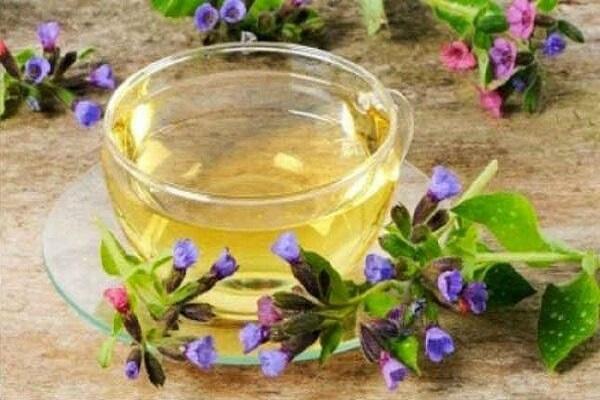
Side effects
Not only ready-made synthetic drugs, but also folk remedies can cause side reactions. Medunitsa is no exception. If contraindications are not observed, the following symptoms may occur:
- allergic manifestations: urticaria, itching syndrome from the skin, hyperemia;
- reactions in the gastrointestinal tract: nausea-vomiting syndrome, a feeling of heaviness from the stomach.
If such symptoms occur, it is necessary to stop taking the medunica-based remedy and consult a doctor to correct the treatment.
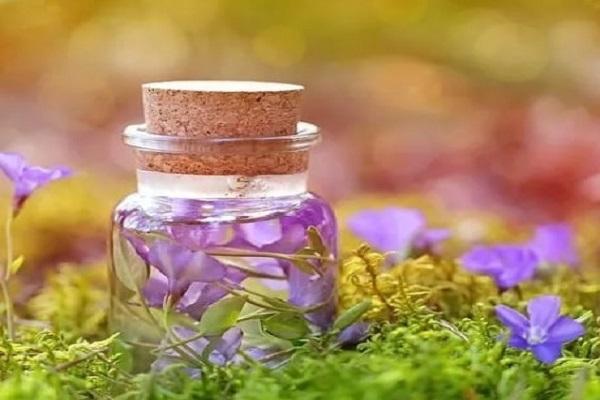
Contraindications for use
The only absolute contraindication to the use of medicines based on lungwort is considered to be an increased risk of an allergic reaction against the background of hypersensitivity to the components of the plant.
It is not recommended to take funds on an empty stomach, in order to avoid nausea. Long-term use is contraindicated in the development of intestinal atony with chronic constipation.
In any case, before using funds with lungwort in the composition, you must consult a doctor. It will exclude contraindications, which will help to avoid adverse reactions in the future..
